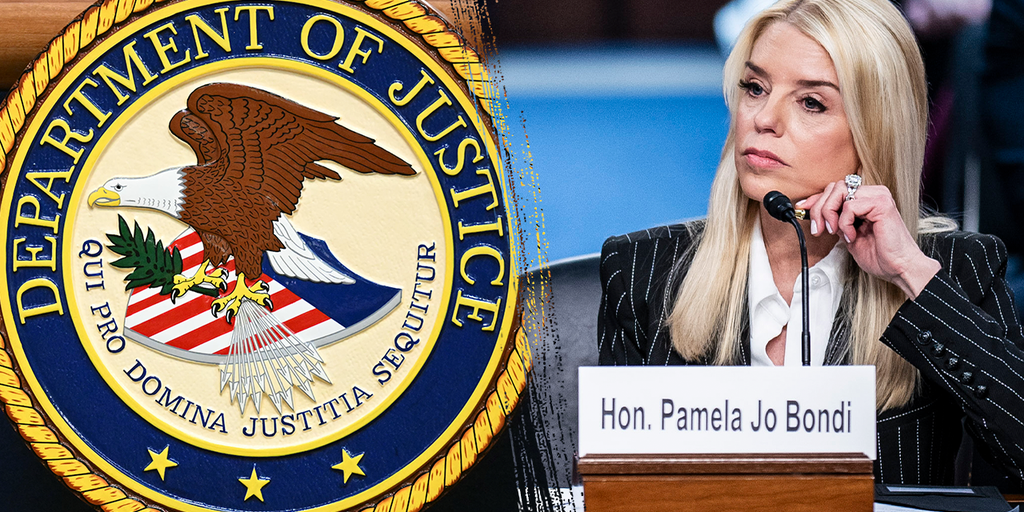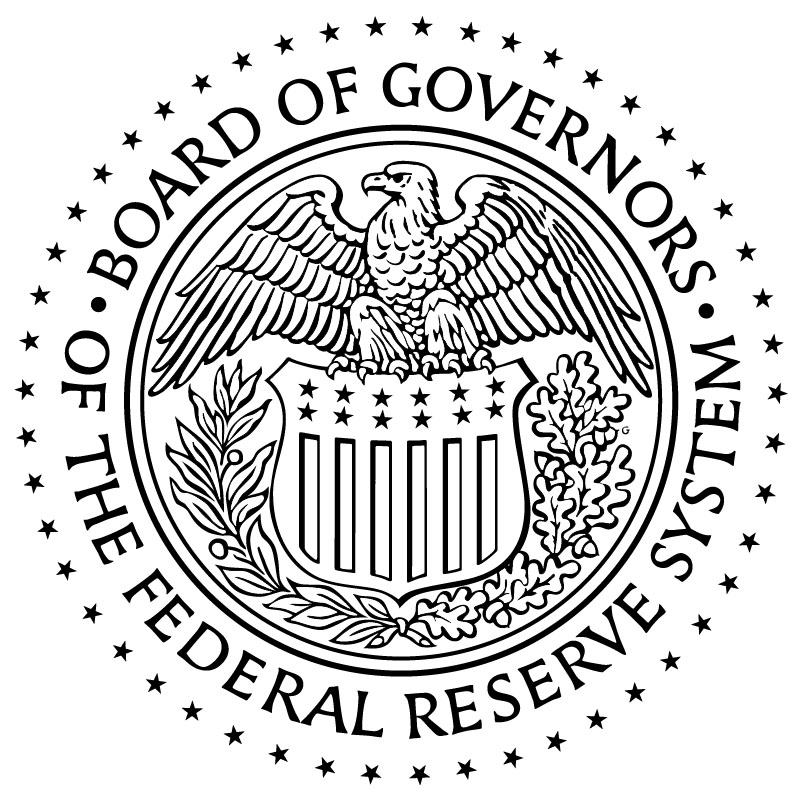U.S. Government Unveils Plans for Regulating Digital Assets and Stablecoins

David Sacks announced the GENIUS Act aimed at regulating stablecoins, establishing a bipartisan working group, and ensuring U.S. leadership in digital assets during a press conference.
Today, David Sacks, President Trump's crypto and AI czar, held a press conference alongside Senator Tim Scott, Representative French Hill, Senator John Boozman, and Representative GT Thompson to unveil new plans for U.S. leadership in digital assets. They introduced the GENIUS Act, a bill aimed at regulating stablecoins by establishing clear issuance procedures and designating federal and state regulators based on the issuer's size.
Sacks emphasized that keeping innovation onshore is a top priority to ensure the U.S. maintains global leadership in financial technology. To advance this initiative, he announced a joint working group between the House and Senate dedicated to crypto legislation. This effort reflects the administration's broader goal of creating regulatory clarity and fostering a thriving blockchain ecosystem within the United States.
Despite these announcements, the market responded negatively, with Bitcoin's price declining. Some investors were frustrated by the lack of exclusive, market-moving news, failing to recognize that comprehensive legislation is necessary for crypto adoption at the national level -- especially if the government intends to hold digital assets as part of its Treasury Reserve.
One of the key takeaways from the press conference was the announcement of a bipartisan and bicameral working group that will drive legislation forward. This working group includes key stakeholders who aim to harmonize regulations across different oversight agencies like the Securities and Exchange Commission (SEC) and the Commodity Futures Trading Commission (CFTC).
The challenge? Some digital assets are considered securities, while others fall under the category of commodities, creating a complex and fragmented regulatory landscape.
By bringing together key stakeholders, this initiative seeks to eliminate uncertainty and provide the crypto industry with clear guidelines on compliance, operations, and legal obligations.
A major highlight of the discussion was the role of stablecoins in ensuring U.S. dollar dominance in the global financial system. Stablecoins -- digital assets pegged to traditional currencies -- offer a way to increase the utility of the U.S. dollar in the digital economy.
Senator Bill Hagerty introduced a new stablecoin bill that is expected to align with past bipartisan efforts, reflecting a growing consensus on the need for well-defined regulations.
Stablecoins are seen as a critical financial tool for cross-border payments, decentralized finance (DeFi), and global trade. By regulating them effectively, the U.S. can solidify its leadership in the financial sector while maintaining control over digital transactions.
For years, crypto startups and innovators have struggled with unclear and inconsistent regulations, often facing prosecution without clear guidance on compliance. The lack of regulatory clarity has led to founders being debanked and startups moving overseas, shifting innovation away from U.S. markets.
The administration aims to reverse this trend by creating a transparent regulatory environment where crypto businesses can operate with confidence and legal certainty.
The shift to onshore regulation is expected to strengthen market integrity while promoting healthy competition among U.S.-based digital asset firms.
As part of the broader push for regulatory clarity, lawmakers are working on two major legislative efforts:
Congressional leaders emphasized the importance of bipartisan cooperation, highlighting past successes in achieving broad support for crypto regulations. With a new administration committed to financial innovation, there is optimism that both bills will pass swiftly and be signed into law.
One of the most intriguing developments from the press conference was the mention of a U.S. Bitcoin Reserve. President Trump had previously floated the idea of holding Bitcoin as part of national reserves, and officials confirmed that the administration is actively evaluating the feasibility of such a move.
While details remain sparse, a Bitcoin Reserve could serve multiple purposes, including strengthening the national reserve and enhancing financial security.
Additionally, discussions around a sovereign wealth fund involving digital assets are ongoing, though officials indicated that such plans would require further evaluation.
While the press conference outlined ambitious plans, many in the crypto community were disappointed by the lack of immediate, groundbreaking announcements. The market reaction reflected this frustration, with Bitcoin prices declining as investors expected more clarity on key issues.
The GENIUS Act provided an initial framework, but there was little clarity on when regulations will take effect, or whether tax incentives for crypto holders will be considered. Many Bitcoin investors expected an official confirmation of government Bitcoin purchases, which did not happen.
This frustration, while understandable, overlooks the bigger picture: for the U.S. government to effectively integrate crypto into its financial infrastructure, it must first establish a legal framework. Without clear regulations, the government cannot hold, issue, or transact in crypto assets at scale.
The United States stands at a critical crossroads in its approach to crypto and digital assets. The next 100 days will be crucial, as lawmakers and regulators work to finalize legislation, educate new members of Congress, and implement a cohesive strategy for the future of crypto in the U.S.
The overarching goal is clear: keep innovation onshore, establish fair and transparent regulations, and protect consumers while fostering financial growth.
Despite market skepticism, this press conference signals a major step toward a regulated and government-backed digital asset economy. As the regulatory framework takes shape, all eyes will be on Congress, industry leaders, and the administration to ensure that America remains the global leader in digital assets -- not just for today, but for the future of finance and crypto.



















